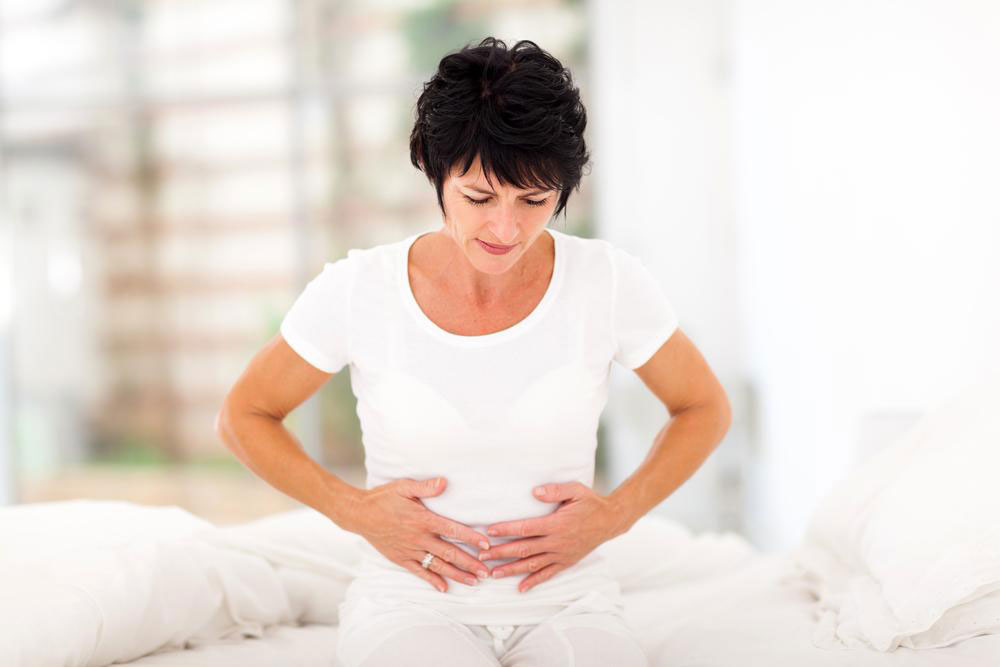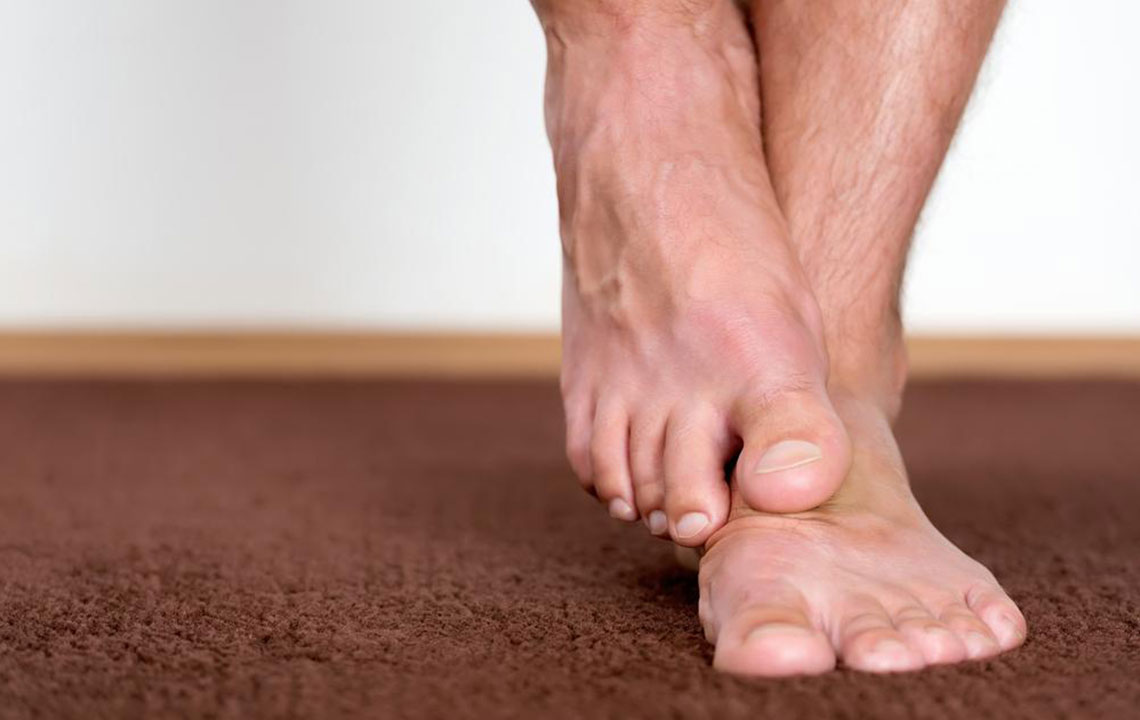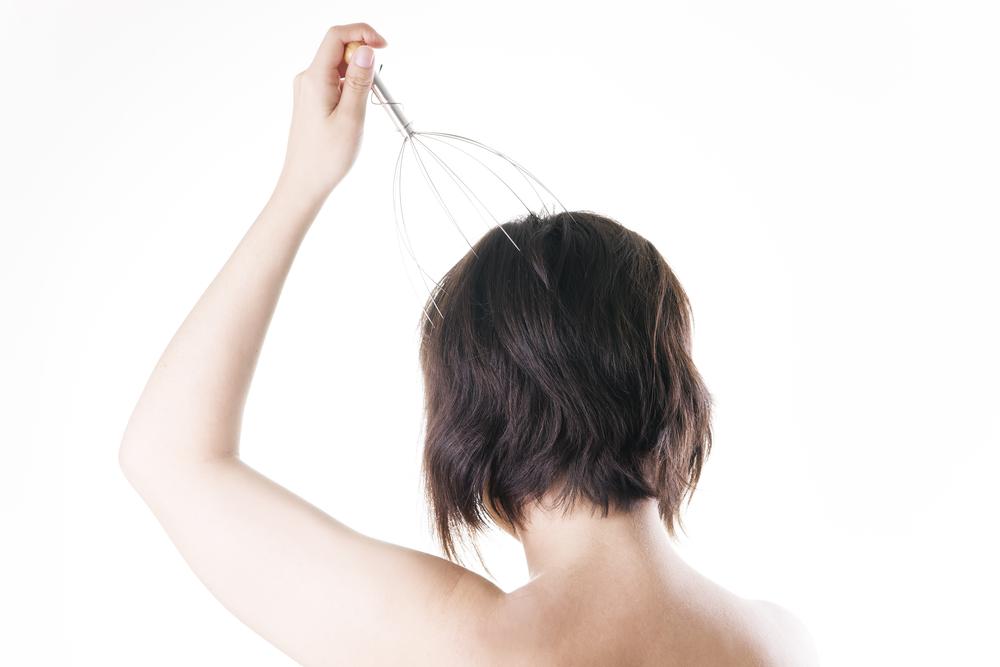Essential Post-Migraine Care: What Not to Do
After experiencing a migraine, certain actions can hinder recovery or trigger new episodes. This article highlights crucial do's and don'ts, such as managing sleep, limiting caffeine, avoiding processed meats, maintaining regular meals, and resting adequately. Following these guidelines supports effective recovery and reduces migraine recurrence. It emphasizes the importance of lifestyle adjustments post-migraine for improved well-being and symptom management.
Sponsored

Experiencing a migraine often leaves you with a throbbing pain on one side of the head, followed by a phase known as postdrome. During this stage, the pain diminishes but fatigue persists, lasting hours or days depending on your lifestyle. To aid recovery and prevent setbacks, avoid certain actions during and after a migraine.
Don't sleep excessively or too little
Proper sleep regulation is crucial. Aim for seven to eight hours nightly. Oversleeping or insufficient sleep can trigger migraines or prolong recovery. If persistent fatigue or sleep issues occur, consult a healthcare professional.
Limit caffeine intake
While moderate caffeine can alleviate migraine symptoms, excess consumption may lead to rebound headaches and other health complications. Reducing caffeine, especially for migraine-sensitive individuals, is advisable.
Avoid processed meats
Foods like sausages, ham, and bacon contain nitrates and nitrites used for preservation. These additives can trigger or worsening migraine episodes.
Eat regular, balanced meals
Skipping meals can cause blood sugar drops, increasing migraine risk. Maintain a consistent eating schedule with nutritious foods rich in magnesium and omega-3 fatty acids to help prevent future attacks.
Reduce physical exertion during recovery
If experiencing migraines or postdrome symptoms, avoid strenuous activities. Resting, massaging the scalp, or applying a cool compress can alleviate discomfort.






